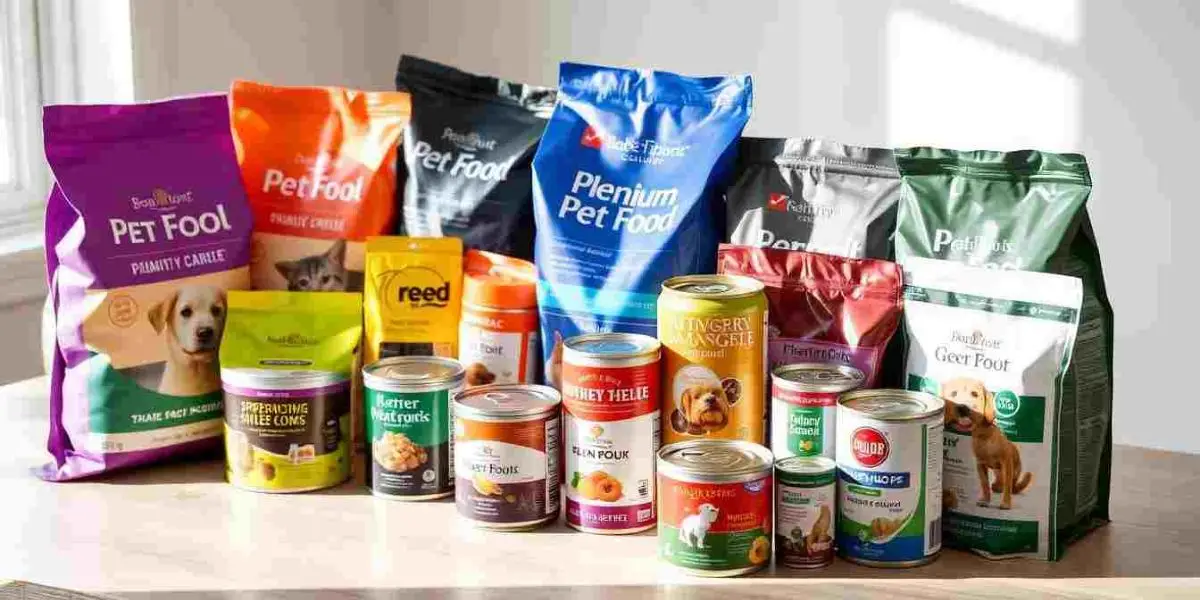Organic Foods During Pregnancy: Pregnancy is a crucial time when every bite counts. The food you eat directly affects your baby’s growth and development. Choosing organic foods during pregnancy is an excellent way to ensure you and your baby receive the best nutrition while avoiding harmful chemicals.
Why Choose Organic Foods During Pregnancy?
Organic foods are grown without synthetic pesticides, herbicides, and artificial fertilizers. They are free from genetically modified organisms (GMOs) and synthetic additives, making them a safer and healthier option for expecting mothers. Here are some key benefits of eating organic during pregnancy:
Reduces Exposure to Harmful Chemicals – Non-organic produce may contain pesticide residues that could harm fetal development. Organic foods lower this risk significantly.
Also Read
Higher Nutrient Content – Studies suggest that organic fruits, vegetables, and dairy products contain higher levels of essential nutrients like antioxidants, vitamins, and omega-3 fatty acids.
Supports Baby’s Development – Eating organic dairy, meat, and eggs can provide high-quality protein and healthy fats, which are crucial for the baby’s brain and organ development.
Better for Digestion – Organic foods are free from artificial preservatives and additives, making them easier to digest and reducing the risk of allergies.
Promotes a Strong Immune System – Consuming pesticide-free food can help reduce the risk of childhood allergies, asthma, and other immune-related issues.
Best Organic Foods to Eat During Pregnancy
If you’re planning to go organic, focus on these nutrient-dense options:
Organic Fruits and Vegetables – Berries, apples, spinach, kale, carrots, and bell peppers are rich in vitamins and minerals.
Organic Dairy Products – Milk, cheese, and yogurt from organic sources are free from antibiotics and hormones, providing essential calcium and probiotics.
Organic Whole Grains – Brown rice, quinoa, oats, and whole wheat provide fiber, iron, and B vitamins.
Organic Meat and Poultry – Grass-fed beef, free-range chicken, and pasture-raised eggs are excellent sources of protein and omega-3s.
Organic Nuts and Seeds – Almonds, walnuts, flaxseeds, and chia seeds are rich in healthy fats and protein.
Organic Legumes – Lentils, chickpeas, and beans are packed with fiber, protein, and folic acid, which is essential for fetal brain development.
Organic Foods During Pregnancy: Third Trimester
The third trimester is a crucial period of rapid fetal growth, brain development, and increased nutritional needs. Choosing organic foods during this stage ensures both mother and baby receive essential nutrients while minimizing exposure to harmful chemicals. Focus on organic protein sources like eggs, fish, and dairy to support muscle and brain development. Iron-rich organic foods such as spinach, lentils, and quinoa help prevent anemia. Additionally, organic healthy fats from nuts, seeds, and avocados contribute to the baby’s brain and nervous system development. Staying hydrated with organic coconut water and consuming fiber-rich organic fruits can help with digestion and reduce common third-trimester issues like constipation and bloating.
Organic Pregnancy: A Natural Approach to Maternal Health
An organic pregnancy focuses on maintaining a natural and chemical-free lifestyle for both the mother and baby. This approach goes beyond food choices, incorporating organic skincare, natural remedies, and toxin-free household products. By avoiding synthetic chemicals and artificial additives, mothers can promote a healthier pregnancy environment. Opting for organic prenatal vitamins, using eco-friendly cleaning products, and choosing organic cotton maternity wear are additional ways to embrace an organic lifestyle. Prioritizing whole, organic foods and staying hydrated with clean, natural beverages can enhance overall maternal well-being while supporting the baby’s optimal development.
What Are the Benefits of Organic Food?
Organic food provides numerous benefits for overall health and well-being. It is free from harmful pesticides, synthetic fertilizers, and artificial additives, making it a safer choice for long-term consumption. Organic produce often contains higher levels of essential nutrients like antioxidants, vitamins, and minerals, supporting better immunity and digestion. Additionally, organic farming practices promote environmental sustainability by reducing soil and water contamination. Choosing organic food also supports ethical farming, ensuring better animal welfare and healthier livestock products. By consuming organic food, individuals can enjoy a cleaner diet while contributing to a healthier planet.
Organic Food Consumption: A Healthier Lifestyle Choice
Organic food consumption is becoming increasingly popular as more people recognize its benefits for health and sustainability. Choosing organic foods means avoiding harmful chemicals, artificial additives, and genetically modified ingredients, which can contribute to long-term well-being. Regular consumption of organic fruits, vegetables, dairy, and grains provides essential nutrients without exposure to toxic substances. Organic eating also supports environmental conservation by promoting sustainable farming practices, reducing soil degradation, and maintaining biodiversity. Making organic food a part of daily life not only improves personal health but also contributes to a cleaner and greener planet.
Organic Food NIH: Scientific Insights on Health Benefits
The National Institutes of Health (NIH) has conducted multiple studies highlighting the benefits of organic food consumption. Research suggests that organic foods contain fewer pesticide residues, higher antioxidant levels, and improved nutritional quality compared to conventionally grown foods. The NIH also emphasizes the potential positive effects of organic food on reducing the risk of chronic diseases, supporting immune function, and promoting better gut health. Additionally, studies indicate that organic farming practices contribute to environmental sustainability by preserving soil health and reducing water contamination. Incorporating organic food into your diet can enhance overall well-being while minimizing exposure to harmful chemicals.
Tips for Eating Organic on a Budget
Eating organic doesn’t have to be expensive. Here are some smart ways to make it affordable:
Prioritize the Dirty Dozen – The Environmental Working Group (EWG) releases a list of the most pesticide-contaminated produce. Prioritize buying these organic.
Buy in Bulk – Purchase organic grains, nuts, and beans in bulk to save money.
Shop at Farmers’ Markets – Local farmers often sell organic produce at lower prices than supermarkets.
Grow Your Own – Consider planting a small organic garden with essential vegetables like tomatoes, spinach, and herbs.
Look for Sales and Discounts – Many organic brands offer promotions and discounts, so keep an eye out for deals.
Frequently Asked Questions (FAQ)
- Is it necessary to eat 100% organic during pregnancy?
Not necessarily. The goal is to reduce exposure to harmful chemicals. Focus on buying organic for the most pesticide-contaminated foods while balancing your diet with other nutritious options.
- Can I eat organic food from local farmers who are not certified?
Yes, many small farms practice organic farming but may not have official certification. Talk to your local farmers about their farming methods.
- Are organic dairy and meat really better during pregnancy?
Yes, organic dairy and meat are free from synthetic hormones and antibiotics, making them a safer and healthier choice for pregnant women.
- How can I ensure my organic food is truly organic?
Look for certified organic labels from reputable organizations like USDA Organic, EU Organic, or other country-specific certifications.
- Can organic foods help with pregnancy nausea?
Yes, organic ginger, bananas, and whole grains can help ease morning sickness naturally.
Conclusion
Eating organic foods during pregnancy is a great way to nourish yourself and your baby while minimizing exposure to harmful chemicals. With mindful shopping and budget-friendly strategies, you can enjoy the benefits of organic nutrition without overspending. Prioritize fresh, whole foods to support a healthy and happy pregnancy!










GcVeIDQz RNsiCI ZFMNDZK vhDy uwZpYhR ydWThF